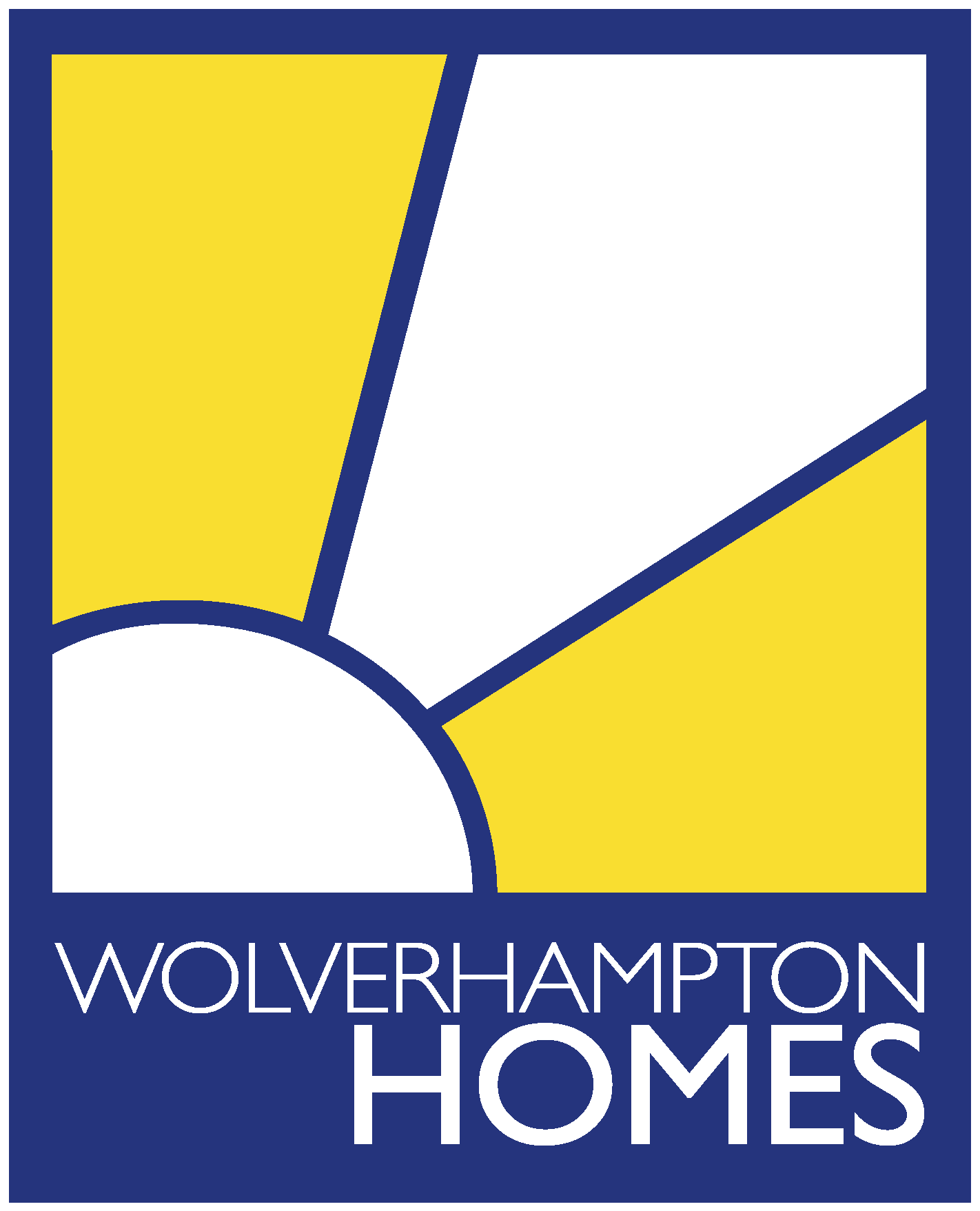
Domestic abuse
Our specialist Domestic Abuse team works with victims/survivors and their families, recognising children in families are also victims. We work with other agencies tackling domestic abuse, ensuring customers can access the appropriate support and advice.
-
What the team does
Our Domestic Abuse team is accredited by the Domestic Abuse Housing Alliance and provides support to customers in need via a specialist support worker and (IDVA) independent domestic violence advisor.
The support offered is aimed at helping individuals to recognise and manage risk from domestic abuse as this can have an impact on sustaining a tenancy and pose a risk of homelessness.
It provides advice, guidance and practical support to secure protective legal orders and advocate with other professionals to increase safety. The emphasis where safe to do so, is to support victims and survivors to remain in their own homes.
The team also offers a holistic assessment, advice and support to customers who present as homeless.
When the team receives a referral or victims / survivors flee domestic violence and approach for support, we look at the whole person – and not just the incident or report, and they are not asked to provide police evidence.
The team attends and chairs MARAC (Multi-agency Risk Assessment Conference) relating to information sharing and increasing safety for victims of domestic abuse.
-
How this benefits customers
The team has long-established and well-embedded domestic abuse policies for victims and survivors of domestic violence, which was updated with the Domestic Abuse Act 2021 definitions, which includes their families to ensure a holistic service.
Victims and survivors can access specialist support quickly and in confidence. The team works with a wide range of agencies, including police, The Haven Wolverhampton, Probation Service and the Anti-social Behaviour team, to keep people safe.
The team works with housing solutions where an applicant makes us aware there is a housing need due to domestic abuse.
It also works with the Anti-Social Behaviour team to ensure domestic abuse is addressed appropriately when relating to complaints.
It has a policy for how we recognise and effectively respond to cases of domestic abuse for both customers and employees.
The team supports our customers experiencing domestic abuse so they can maintain their tenancy and to prevent tenancy loss and homelessness.
The team has Level 3 crime prevention training and can complete security assessments and advice on keeping safe at home.
The team has also recruited domestic abuse champions from across the company to improve customer access to advice and information on domestic abuse.
-
What customers can expect
Customers are contacted within three working days of a support referral being made.
If a customer is unavailable, a message will be left if safe to do so with details of how to contact us. We will also update the referrer where applicable.
The team communicates with our customers clearly in a way that is accessible, relevant, timely and appropriate to their diverse needs, taking account of intersectionality and not hold any bias in terms of gender-based violence.
The team works with other agencies that are tackling domestic abuse, to ensure our customers can access appropriate support and advice. This is evidenced in MARAC (Multi-agency Risk Assessment Conference) and other strategic forums it attends as well as networking.
-
How we measure success
Success for customers will be feeling safe, with a robust safety plan in place and being able to remain in their own home or supported to move to a safer option, if needed.
-
How we continue to improve
The team achieved DAHA (Domestic Abuse Housing Alliance) accreditation in 2022, as part of this it continually reviews practice and offer and works with DAHA in maintaining and enhancing the accreditation.
The team members ensure they are up to date will all relevantly training and legislative changes.
The team has formed a domestic abuse network, which meets to share good practice, knowledge and ideas for improved services in the city. The network includes domestic abuse colleagues from Adult Social Care, Children’s Services, West Midlands Police and Haven.
- How the team's work fits within the Consumer Standards
